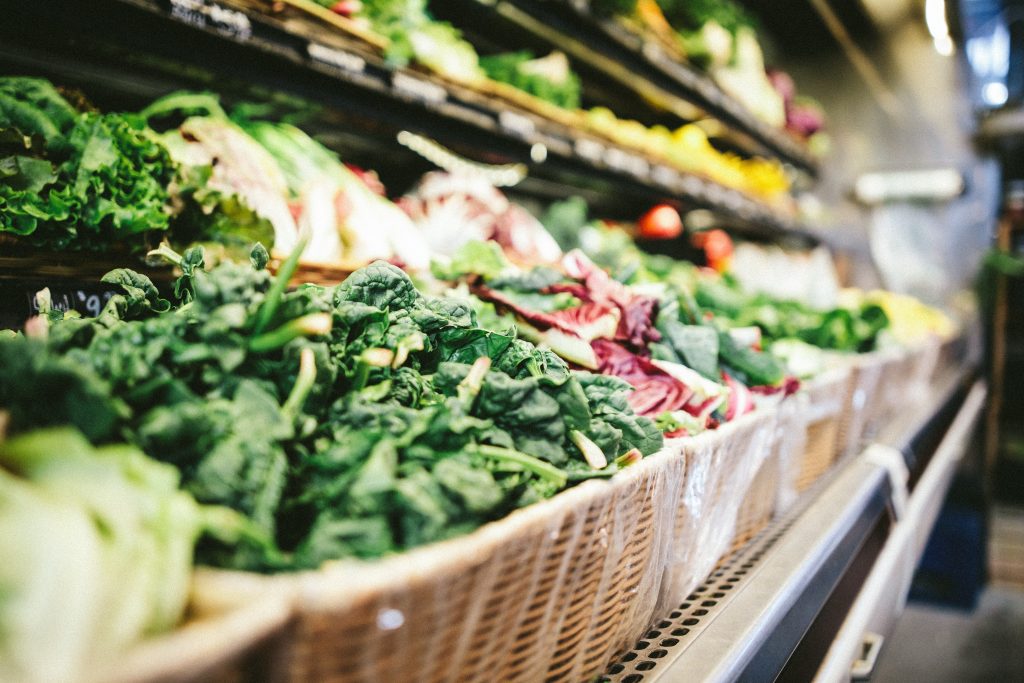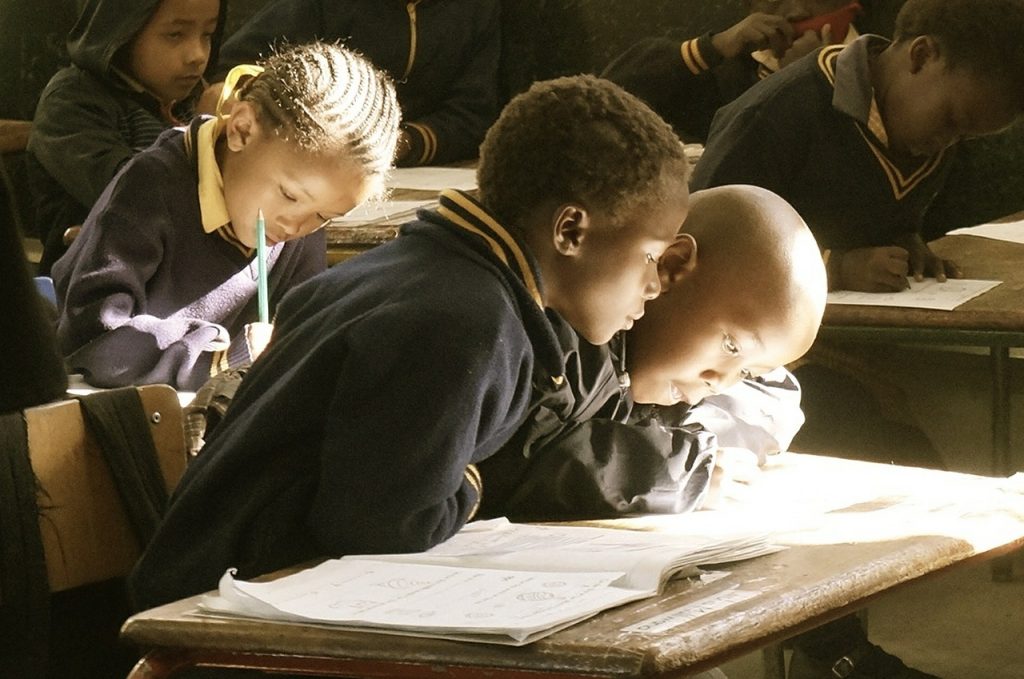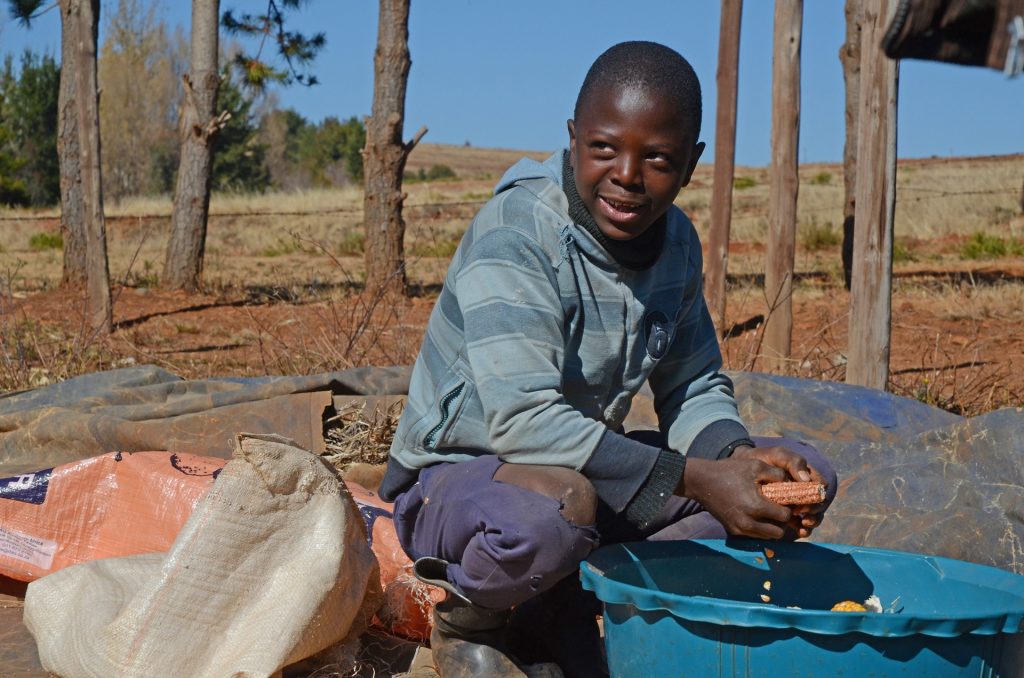Zero Waste Grocery Shopping

Adopting a zero-waste lifestyle has become increasingly important in today’s society as environmental concerns grow. A fundamental component of this lifestyle is developing a zero-waste grocery shopping routine. You can reduce waste, save money, and contribute to a more sustainable future by making deliberate decisions and using simple tactics. This article will lead you through […]
HUAWEI IDP INTERVENTION REPORT

It is December, just when the wind was getting chilly, with most people taking a deserved break from work to travel and be with loved ones. When the exchange of gifts becomes commonplace, it’s quite easy to overlook a few things, especially those that matter. But, in the spirit of giving and community awareness, HUAWEI […]
SDG 4: Quality Education – The Nigerian Focus

Quality education is one that provides all learners with capabilities they require to become economically productive, develop sustainable livelihoods, contribute to peaceful and democratic societies and enhance individual well-being. Remarkably, major progress has been made in access to education, specifically at the primary school level, for both boys and girls. Still, at least 22 million […]
SDG 2: Zero Hunger – The Role Of Agriculture

The sustainable development goal number two aims to end hunger, achieve food security and improved nutrition, and promote sustainable agriculture. It is forecasted that by 2030 we should end hunger and all forms of malnutrition by doubling agricultural productivity and incomes of small-scale food producers (especially women and indigenous peoples), ensuring sustainable food production systems, […]
